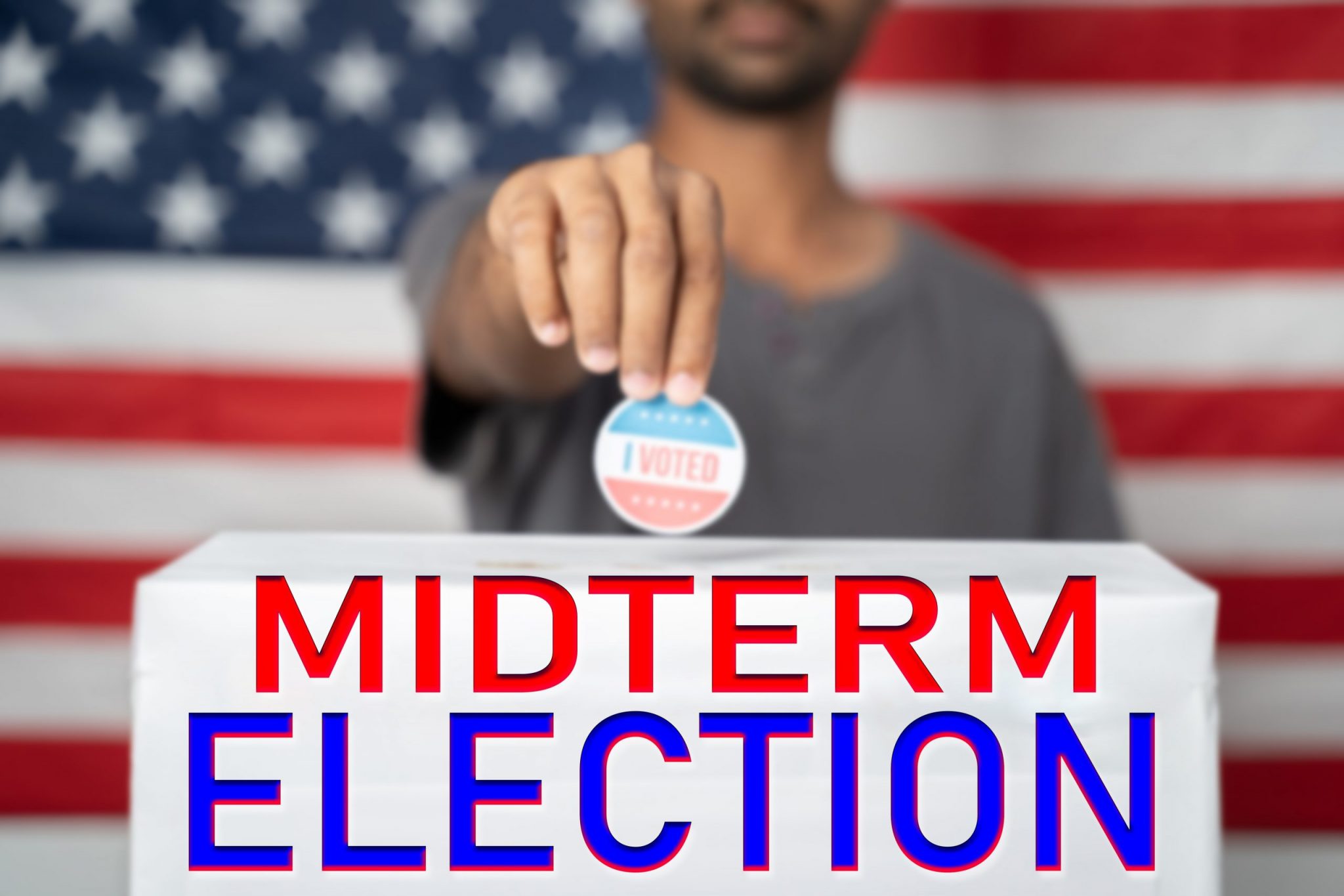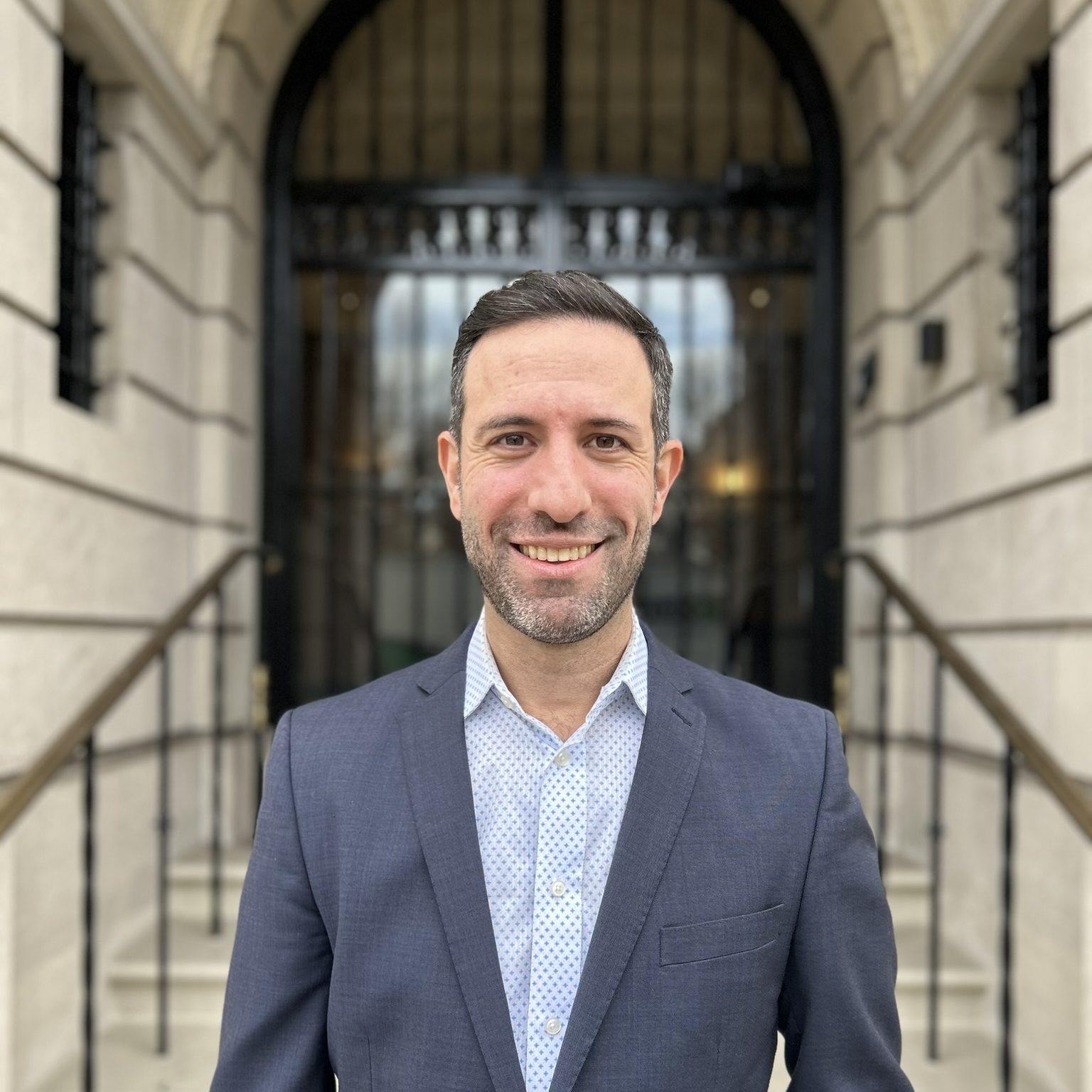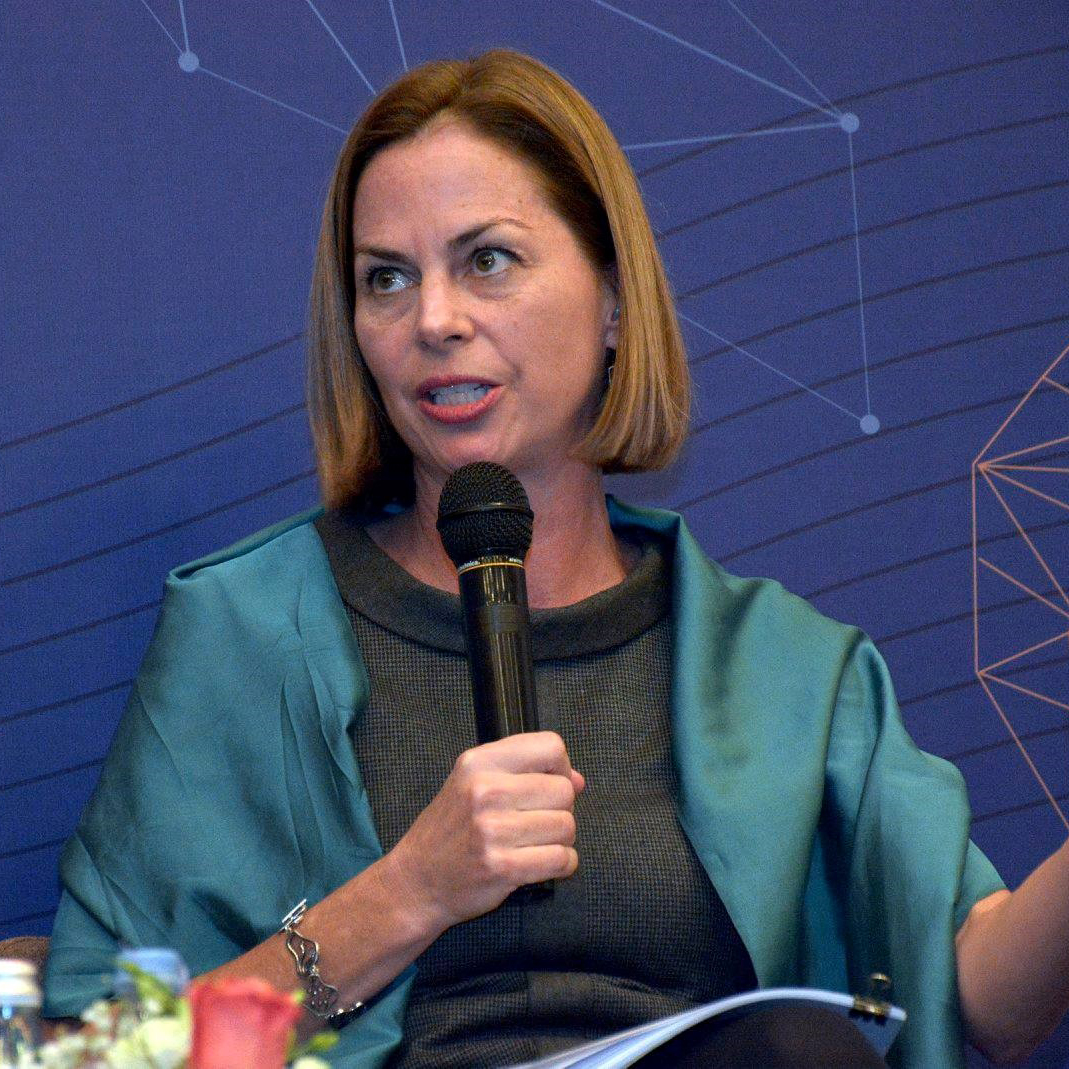Tomorrow’s midterm elections will be a benchmark for the state of American democracy. As early voting surges, people around the country (and the world) are watching to see what happens in what is perhaps the most important midterm election in recent history: Will election deniers contest the results? Will there be violence at the polls? What’s going on with Twitter and TikTok? What does this mean for Ukraine? And, perhaps most importantly, can we trust that these elections will be free and fair?
Experts from the Alliance for Securing Democracy at the German Marshall Fund lay out what they’ll be watching on Election Day.
Laura Thornton, director: “Most Americans, at least according to public opinion research, are concerned about inflation and gas prices and have signaled that this will shape their vote. While I share these concerns, I am not sure the elections will deliver big changes in this regard given the limitations of the offices up for election to reverse global economic trends. What the elections will impact, however, is how our elections are conducted going forward and, thus, our democracy. The sizeable number of candidates running this season who do not believe the 2020 elections were legitimate and have threatened to only accept election results in which they win, spells trouble. In the immediate term, it has ginned up an angry, distrustful public, leading to voter intimidation, rogue ‘observers’ stalking voters and drop boxes, and a potentially unsafe environment on Election Day. In the longer term, if these candidates win, they have proposed to enact legislation and policies that will make it more difficult to vote (removing drop boxes and early voting, throwing out the voters list, and requiring a complete re-registration of all voters), make counting and result verification more chaotic and messy (manual hand counts), and allow partisan bodies to dismiss election outcomes they do not like. Rather than enhance trust in elections, this will likely do the opposite, further fueling voting skepticism and belief in our democratic process.”
David Levine, elections integrity fellow and a former election official: “While I remain confident that the midterms will be free and fair, I’ll be watching closely to see how the elections are conducted amid this very complex threat environment. Will eligible voters who want to vote be able to successfully cast ballots? Will any criminal or other malicious activity, such as cyber-interference and information manipulations operations, adversely affect the security of the election? And how will the voting process be perceived, regardless of how it’s actually administered? I’ll also be paying close attention to which election deniers win races in the midterms, with an eye towards the impact they could have on the subsequent administration of certain US elections.”
Bret Schafer, senior fellow for information manipulation: “This is the first election in the age of organized election denialism in the United States, meaning that we are likely to see misguided efforts from self-anointed observers and ‘patriots’—but also, potentially, from election workers and monitors—to expose alleged improprieties on Election Day. I worry that we’ll see more attempts by those proselytized by the election denial movement to ‘test the system’—essentially, engaging in fraud to prove that widespread fraud is possible. At worst, this could lead to more confrontations with poll workers and election officials, but, at a minimum, I expect that we’ll see the information environment even more polluted with efforts to document real, perceived, and invented issues at certain polling locations. Of course, all this will also play out in a very different social media landscape than in 2020, where, despite all of Big Tech’s flaws, there was a general willingness to combat election mis- and disinformation. It is unclear right now—most obviously at Twitter but also across all social media companies—what kind of resources will be devoted to tackling false or misleading election claims.”
Rachael Dean Wilson, head of external affairs: “Arizona, Arizona, Arizona! I’ll be watching the Grand Canyon State closely on Tuesday and the days following because it’s a bellwether for the future of election denialism as a campaign strategy and a test of transparency and communication as an antidote to false election narratives. Arizona’s Republican slate fully embraced the false claim that the 2020 election was stolen, with gubernatorial nominee Kari Lake and secretary of state nominee Mark Finchem leaving the door open to refusing to accept the forthcoming election results. If election-denying candidates win in Arizona, will they proclaim that the elections are now free, fair, and legitimate? If the candidates lose, will they concede? On the elections front, the Maricopa County Recorder’s Office has worked to prioritize transparency in its vote counting and communication about the process. The state has also made national news for ‘vigilante’ monitoring of drop boxes, including by armed individuals, that have led to complaints of voter intimidation.”
Lindsay Gorman, senior fellow for emerging technology: “Each election cycle is an opportunity for candidates to reach voters in new ways, and often the victors are those with the strongest information efforts to leverage new technologies to reach new slices of the electorate. This year, nearly 30 percent of major party candidates in Senate races and one-fifth of those in House races are on Chinese-owned viral video app TikTok. A quarter of US adults under 30 get their news on the platform. If Gen Z voters—a significant and growing bloc—sway key battleground races where candidates are on TikTok, the foreign influence concerns raised by the platform’s Chinese parent company and its opaque AI recommendation algorithm will become patently urgent to address. At a time when Twitter’s turmoil is raising question marks on cybersecurity and election integrity, Americans may turn to new outlets and platforms for political discourse.”
David Salvo, deputy director and former State Department official in Russia: “Of all the threats and challenges plaguing yet another American election cycle, one threat has largely slipped under the radar: foreign state actors. This isn’t entirely surprising. Americans are engulfed by a dangerous polarization over election integrity that needs little influence from abroad. Still, we don’t live in a bubble. The US government, the platform companies, and ASD at GMF’s own research have already shown how Russian and, increasingly, Chinese state-sponsored actors are exploiting divisions between Americans online to undermine confidence in the election results. Both countries also possess cyber capabilities to probe electoral infrastructure; Russia already did this in spades during the 2016 presidential election. While the likelihood of either state penetrating voting equipment and changing results is miniscule, both could use cyber tools and a coordinated information operation to give Americans the impression that they did so. That would add even more fuel to the fire of election denialism.”
Joseph Bodnar, research analyst: “Kremlin-linked propaganda about the midterms has been sparse and general. That could change. As Election Day gets closer, I’ll be watching the volume of state media commentary about the midterms and whether that content begins to target specific candidates or voting processes. I’ll also be watching how accounts with borderline affiliations to state media—like those of RT op-ed writers—approach the midterms. The most egregious anti-Western content is often laundered through that broader network of borderline state media accounts. Finally, I’ll be looking to see whether Russian officials and diplomats use their platforms to amplify election conspiracies in an effort to denigrate US democracy on the world stage.”
Etienne Soula, research analyst: “The midterms are being apprehensively followed from abroad. In particular, the United States’ partners in Europe and beyond will want to know how, if at all, the results affect the reliability of a critical ally. And while the midterms and presidential elections are completely separate, observers abroad will likely look at the midterms’ results as a bellwether of sorts for the 2024 vote. At a time when Russia is waging war in Europe, any sign that Washington’s military and economic support for Ukraine might waver will empower pro-Kremlin voices and accentuate European internal divisions. Similarly, attacks on the electoral process by both domestic and foreign actors are likely to inspire anti-democratic forces in Europe, and beyond, especially if those attacks successfully shape the outcome of the vote.”
Vassilis Ntousas, head of European operations: “From a European perspective, a source of worry and wariness concerns the signal the outcome of this election will send about the electoral rewards of undercutting or upending democratic processes while embracing nativism, extremism, and populism. Many European states are grappling with similar problems, and there is great concern that the (re-)election of candidates relying on election denialism, attacks to election integrity, and the spread of disinformation will embolden similar forces within Europe. The vote is also seen as potentially hobbling Biden’s foreign policy, leading to the re-evaluation of the level and kind of US support towards Ukraine because of the growing contestation over it within Republican ranks, or the abandonment of any meaningful effort to restore the Iran nuclear deal. Finally, there is concern that the legislative gridlock this election will likely lead to will simply make every transatlantic conversation, from digital to climate, and from trade to foreign policy, all the more difficult and complex.”
The views expressed in GMF publications and commentary are the views of the author alone.













